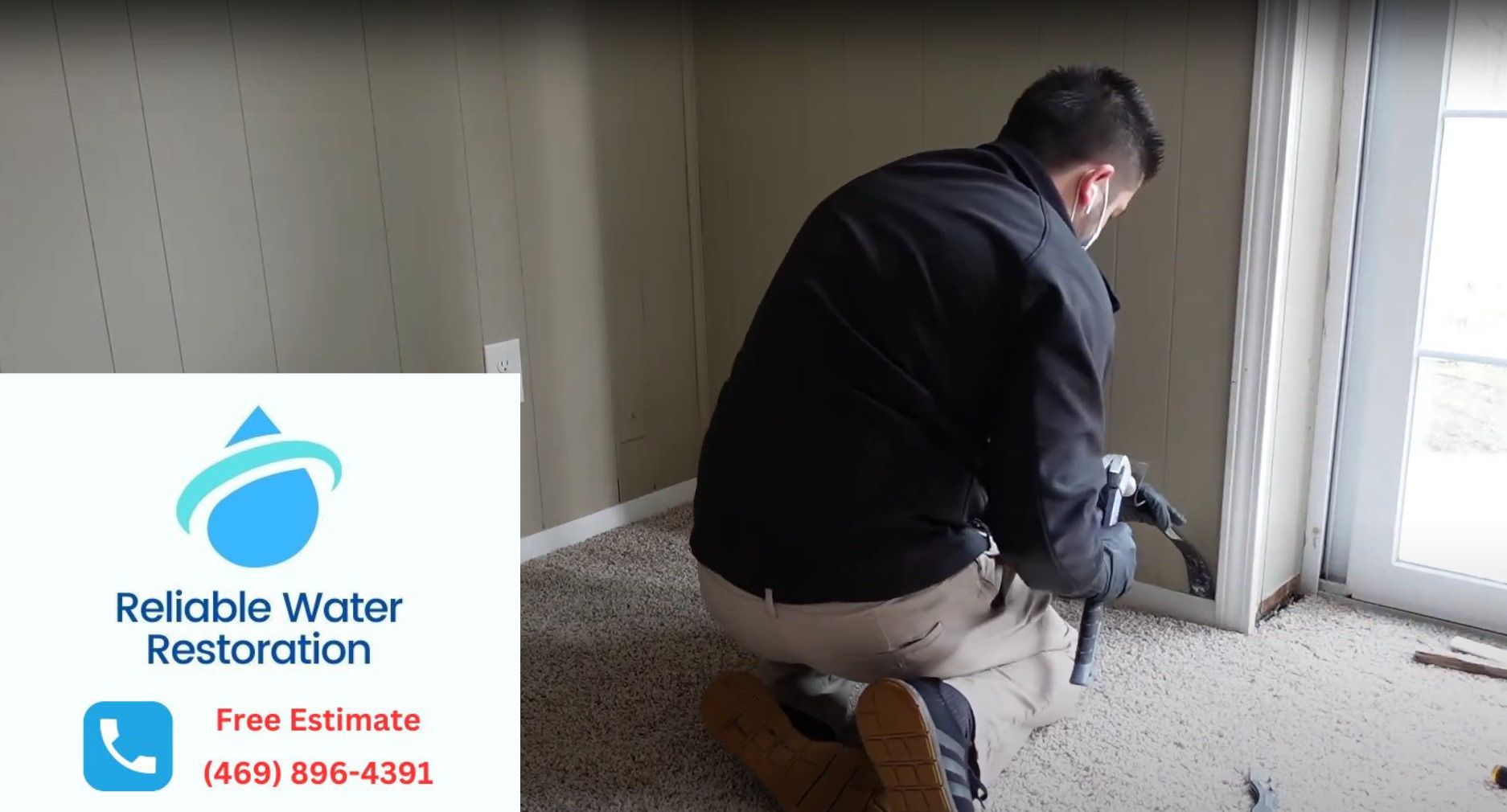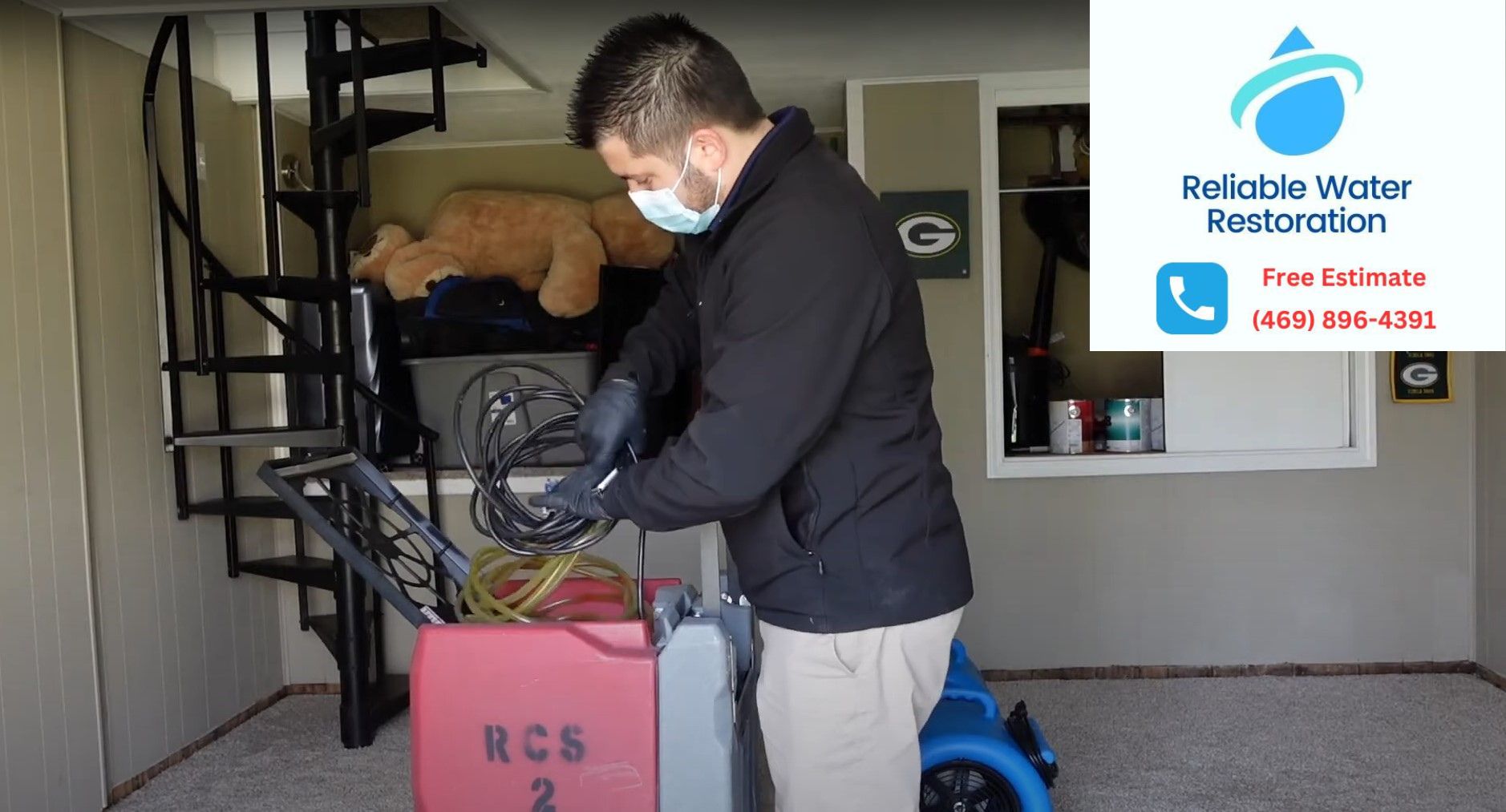
Legal Rights as a Tenant Facing Severe Water Damages
Introduction
Navigating the world of rental agreements can be tricky, especially when faced with unexpected challenges like severe water damage. As a tenant in The Colony, TX, understanding your legal rights is crucial not only for ensuring your living conditions are safe and comfortable but also for protecting your financial interests. Water damage can arise from various sources such as burst pipes, heavy rainfall, or even sewage backups. This article will explore the legal rights of tenants facing severe water damage in detail, offering insights into remedies available to you, as well as how to effectively communicate with landlords and restoration services.
Understanding Your Lease Agreement
What to Look For in Your Lease
When entering into any rental agreement, it's essential to scrutinize the lease carefully. Look for clauses that address maintenance responsibilities and what happens in case of property damage. Most leases outline the landlord's obligations regarding repairs and maintenance.
Landlord Responsibilities Under Texas Law
Under Texas law, landlords are required to maintain their properties in a condition fit for habitation. This includes repairing any water damage that could affect the habitability of the unit. Familiarizing yourself with these obligations can help you assert your rights more effectively.
Legal Rights as a Tenant Facing Severe Water Damages
Right to a Safe Living Environment
As a tenant, you have the right to live in a safe environment. Severe water damage can lead to mold growth and structural issues that compromise your health and safety.
Right to Prompt Repairs
If you report water damage, your landlord is legally obligated to address it promptly. The timeframe for repairs may vary based on the severity of the damage but typically should be within seven days for urgent issues.
Right to Withhold Rent
In certain situations where the living conditions are severely impacted by water damage and the landlord fails to act, you may have grounds to withhold rent until repairs are made. However, it's crucial to consult with an attorney before taking this step.
Documenting Water Damage
Importance of Documentation
When facing severe water damages, documentation is key. Take photographs of affected areas and keep records of all communication with your landlord regarding repair requests. This documentation can serve as vital evidence if disputes arise later.
How to Perform a Water Damage Inspection?
Conducting a thorough water damage inspection is essential in understanding the extent of the problem. Look for signs like stains on walls or ceilings (which might indicate ceiling water damage), dampness in carpets, or even visible mold growth.
Getting Professional Help: Water Damage Restoration Services
Finding Reliable Water Damage Restoration Companies
When dealing with significant water issues, hiring professionals is often necessary. In The Colony, TX, numerous companies specialize in water damage restoration services. Make sure they are licensed and insured before choosing one.
Some Key Services Offered Include:
- Emergency Water Removal
- Structural Drying
- Mold Treatment
- Ceiling Water Damage Repair
- Flood Damage Restoration
Understanding Costs Involved: Water Damage Restoration Cost
Water damage restoration costs can vary widely depending on factors such as the severity of damages and required services. You'll want to get multiple quotes from different companies before making a decision on which service provider to choose.
| Service Type | Estimated Cost Range | |----------------------------------|----------------------| | Emergency Water Extraction | $500 - $1,500 | | Structural Drying | $1,000 - $3,000 | | Mold Inspection & Removal | $500 - $2,000 | | Ceiling Water Damage Repair | $300 - $1,200 |
Communicating Effectively with Your Landlord
Best Practices for Communication
When notifying your landlord about water damages:
- Be concise yet detailed.
- Use written communication (email or letter) for records.
- Include deadlines or timeframes for expected responses.
When Should You Escalate Issues?
If your landlord fails to respond or take appropriate action after multiple requests:
Legal Recourse Options Available
Filing Complaints Against Landlords
You have several options if your landlord neglects their responsibilities:
- File complaints with local housing authorities.
- Pursue mediation services offered through local organizations.
Small Claims Court
If you're unable to resolve disputes amicably or recover costs from damages yourself:
- You may consider filing a claim in small claims court.
Preventive Measures for Future Incidents
Regular Maintenance Checks
Schedule regular checks on plumbing systems and roofs where leaks may occur frequently.
Know How To Respond Quickly
In case of immediate flooding:
FAQs
Q1: What should I do immediately after discovering severe water damage?
A: First things first—document everything! Take photos and inform your landlord right away while also considering contacting professional restoration services if necessary.
Q2: Can I break my lease due to severe water damages?
A: Yes! If the conditions make your apartment uninhabitable and the landlord fails to respond adequately after being informed.
Q3: How long does my landlord have to fix water damage?
A: Generally speaking, Texas law requires landlords to make necessary repairs within 7 days under most circumstances; however, this may depend on how serious the situation is.
Q4: Am I responsible for costs incurred during restoration work?
A: Typically no; landlords should cover these expenses unless specified otherwise in your lease agreement.
Q5: What constitutes "serious" water damage?
A: Serious damages usually include extensive flooding affecting multiple areas or leading directly into electrical systems posing safety risks alongside health hazards like mold growth!

Q6: Are there specific laws protecting tenants from retaliatory evictions after reporting issues?
A: Yes! Texas law protects tenants against eviction if they report health/safety violations like severe flooding!
Conclusion
Facing severe water damages as a tenant can feel overwhelming; however, knowing your legal rights empowers you during such challenging times. Ensure you're well-informed about both state laws governing rental properties and specific clauses within your lease agreement that could impact how you approach repairs or disputes with landlords effectively! Remember—the best course of action often involves keeping thorough documentation while maintaining open lines of communication between parties involved throughout this process—so don’t hesitate either!